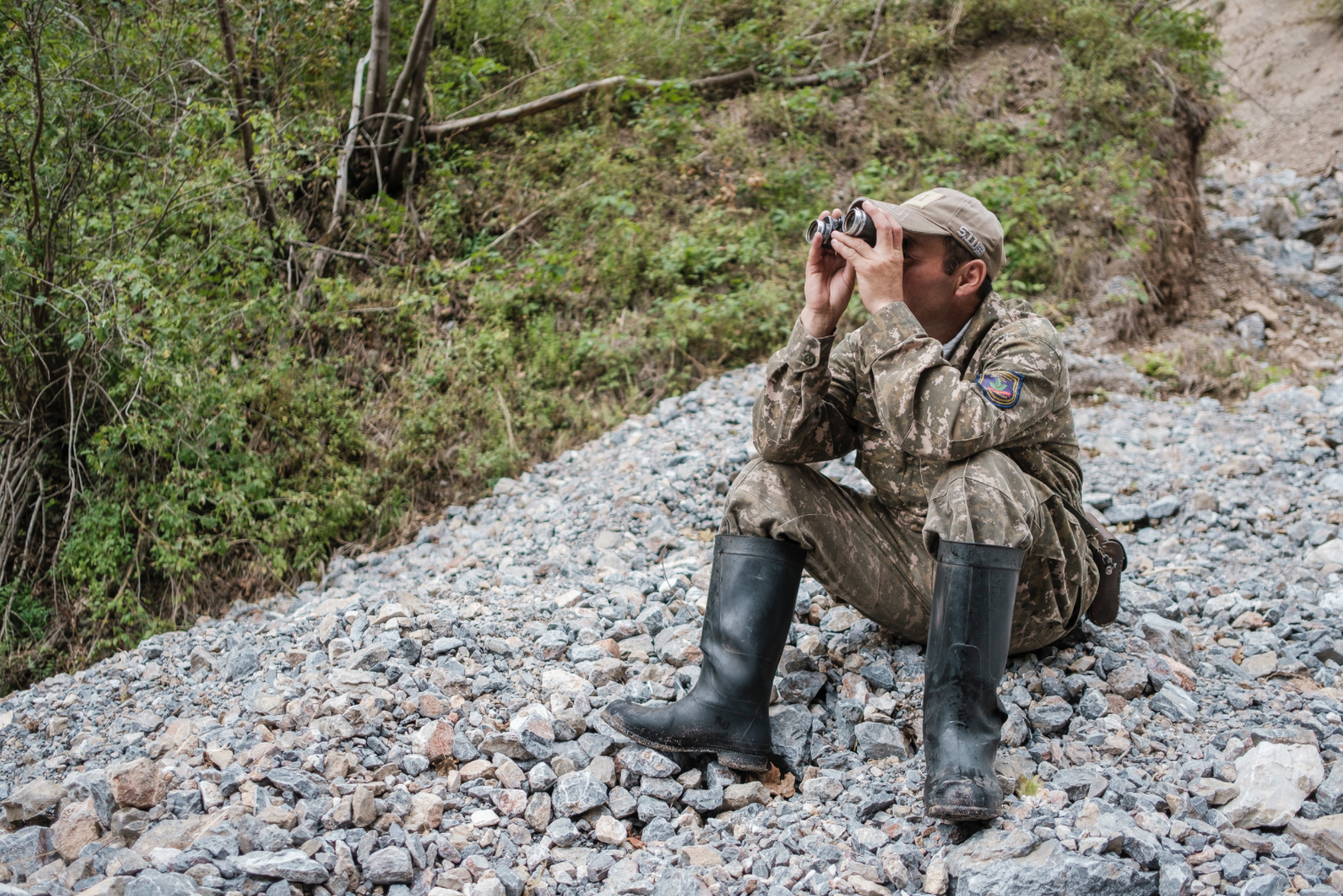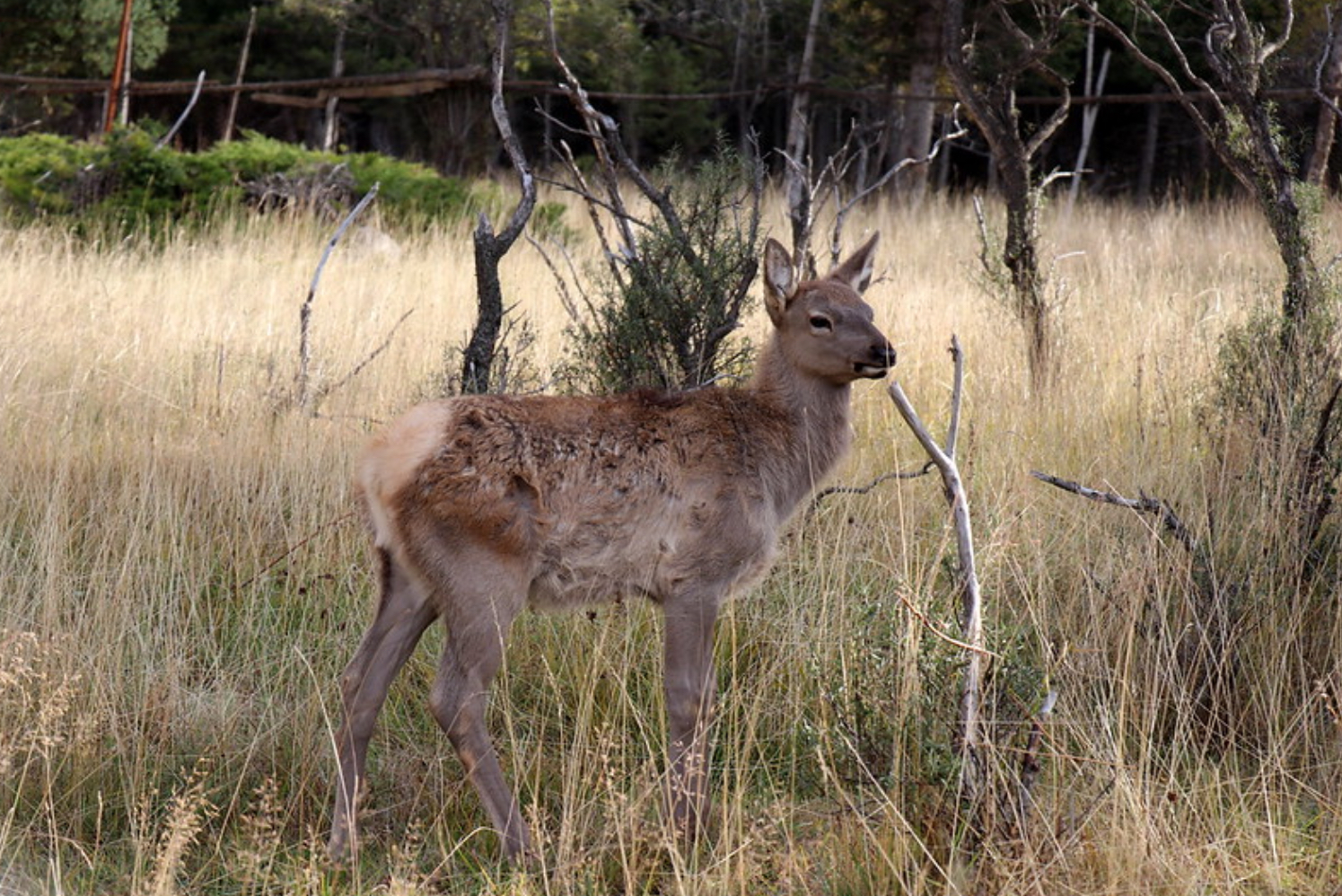Biodiversity is crucial for a healthy ecosystem. In Kyrgyzstan, diverse landscapes like the Tien Shan mountains and lush valleys host many plant and animal species. However, challenges such as limited funds, capacity gaps, and environmental threats to protected areas highlight the urgent need for transparent and efficient budgeting.

In recent years, Kyrgyzstan has been working on strategies for biodiversity conservation and managing protected natural areas (SPNAs). The country aims to balance nature conservation with socio-economic development. The Biodiversity Finance Initiative (BIOFIN), started by the UNDP, helps by assessing financial needs, identifying funding gaps, and creating strategies to mobilize resources for biodiversity. BIOFIN has been vital in securing sustainable financing for conservation in Kyrgyzstan.
“Enhanced results-based budgeting for biodiversity will improve the skills of government officials and local staff in protected areas in integrating biodiversity into policy and budget planning,” Lira Zholdubaeva, UNDP Policy and Programme Analyst voiced.
BIOFIN has helped the Department of Biodiversity Conservation and Protected Areas (DBCPA) and the Forest Service implement program-based budgeting and create medium-term strategic management plans for protected areas (PAs). These approaches enhance transparency, accountability, and sustainability in conservation efforts.
The management plans provide a strategic framework for managing natural resources within PAs, setting specific goals and actions for sustainable stewardship. BIOFIN Kyrgyzstan trained staff from 23 PAs and provided hands-on support to develop these plans.
As a result of this technical assistance, all protected areas (PAs) now possess a structured 5-year management plan. This plan serves as a framework for decision-making, guides resource allocation, and ensures the effective management and protection of natural resources within PAs and surrounding ecosystems.

Turatbek Satimbaev, a prominent specialist from the Department of Biodiversity Conservation and Specially Protected Natural Areas under the Ministry of Natural Resources, Ecology, and Technical Supervision of the Kyrgyz Republic, emphasized the importance of budget measures in supporting the implementation of these plans, encompassing various activities such as events, projects, routine tasks, and regular purchases.
Implementing result-based program budgeting with management plans improves conservation efforts' effectiveness. Unlike traditional budgeting, which allocates funds by fixed categories, result-based program budgeting focuses on outcomes and impacts rather than inputs.
While biodiversity conservation challenges persist, progress with BIOFIN's support offers optimism. Continued collaboration and innovative financing will be crucial to safeguarding Kyrgyzstan's diverse biodiversity for future generations.
“If the management plans are developed based on the program budget, the main activities (protection, conservation, firefighting activities, restoration of natural ecosystems, development of ecological tourism, conducting biotechnical activities in the necessary areas, etc.) are expected to be fully ensured,” Turatbek Satimbaev noted.
BIOFIN's efforts in Kyrgyzstan show how strategic financing can achieve real conservation results. As more countries and organizations follow suit, global biodiversity protection efforts can improve sustainability. Supported by the UNDP and partners, BIOFIN aims to mobilize resources for biodiversity conservation and advocate sustainable practices. This includes implementing management plans and program-based budgeting, backed by funding from the European Union and Germany.
Follow Daryo's official Instagram and Twitter pages to keep current on world news.
Comments (0)